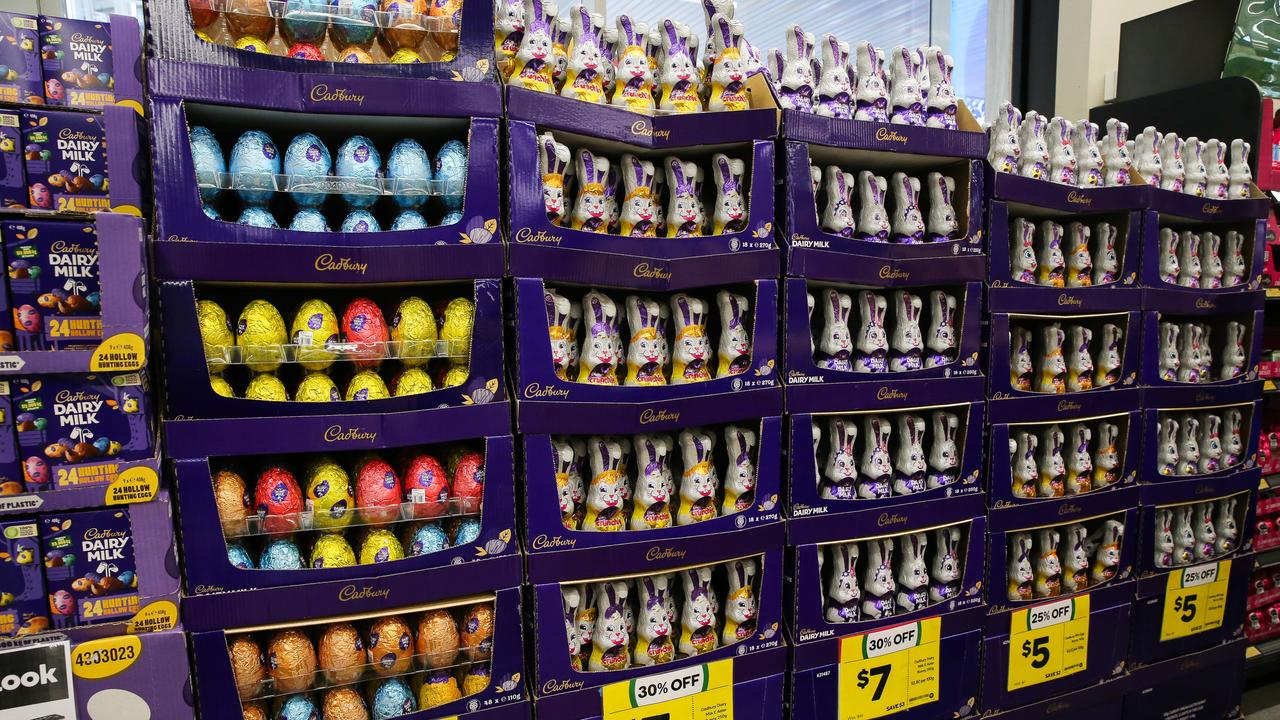Australian banks escape crisis
AS SOME of the world's most respected banks sink deep into the mire of the US subprime crisis, local banks have so far escaped taking big hits.
Australian banks escape crisis
AS SOME of the world's most respected global banks sink deep into the mire of the US subprime mortgage crisis, Australian banks have so far escaped taking any big financial hits.
From a prudential perspective, the Australian retail banking system is viewed by international regulators as one of the strongest in the world.
While the latest headline profits seem to offer further evidence for this view, the current bank reporting season has also cast doubt on the earnings trajectory of the sector.
The three banks to report in the past fortnight - ANZ, St George and Westpac - share at least two things in common: they have just reported record annual profits and they are either changing or about to change chief executives.
The new chief tellers at these banks will be captive, in varying degrees, to the strengths and weaknesses of the businesses developed by others.
As the 2007 accounts demonstrate, ANZ's new boss Mike Smith has been handed one of the strongest balance sheets in corporate Australia.
The biggest gift left by Mr Smith's predecessor, John McFarlane, is a business profile with a much-reduced exposure to risky investment banking activities.
However, Mr McFarlane also left Mr Smith with a problem in the group's wealth management area.
Unlike the other major banks, Mr McFarlane did not buy a funds management business and ANZ is now paying the price with more modest returns from wealth management.
"It's a case of being damned if he does and damned if he doesn't,'' says JP Morgan analyst Brian Johnson of the prospect of Smith making an offer for a local wealth manager such as IOOF.
At St George, analysts are posing questions about earnings momentum within the core lending operations.
St George, which is yet to appoint a new CEO to replace Gail Kelly who resigned 10 weeks ago, delivered another record annual result on Wednesday.
But the 11 per cent rise in the bottom line to $1.16 billion masked a savage crunching of interest margins in the second half.
Ms Kelly's pending move to Westpac may prove to be a masterstroke in the art of savoir-faire - otherwise known as the knack of being in the right place at the right time.
Westpac's outgoing boss David Morgan unveiled a cracker result on Thursday. The composition of the result was described by Credit Suisse analyst James Ellis as ``hard to fault''.
UBS analyst Jeff Emmanuel said revenue growth in the 2007 result was the strongest reported by Westpac since the late 1980s.
In those days, Westpac was Australia's largest bank.
Apart from the New Zealand banking arm, all of Westpac's divisions are growing at well above 10 per cent, with momentum particularly strong in the BT Financial subsidiary.
The earnings boost set to flow from the soon-to-be-completed acquisition of the RAMS distribution business will show up in Kelly's first profit result next year.
A big headstart.



